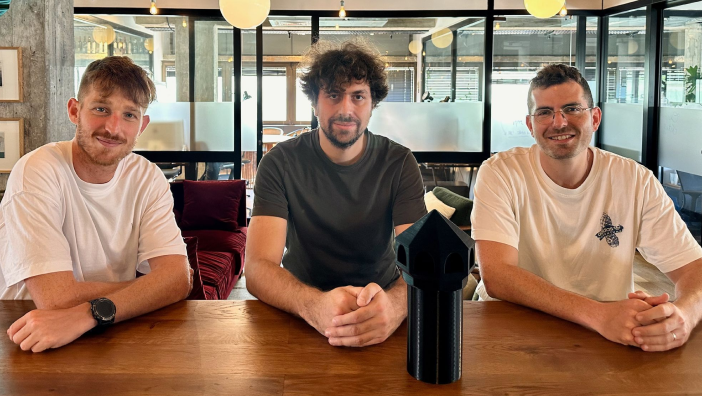Summary:
Transcarent completes a $621 million acquisition of Accolade.
Glen Tullman emphasizes the merger will enhance health care experiences.
Accolade's shareholders will receive $7.03 per share in cash.
Transcarent is valued at $2.2 billion after raising $450 million.
Digital health sector sees a trend of companies exiting public markets.
Transcarent's Major Acquisition
Digital health startup Transcarent has officially completed its acquisition of Accolade in a deal valued at approximately $621 million. This merger promises to enhance Transcarent's offerings significantly.

Glen Tullman, CEO of Transcarent and former leader of Livongo, expressed enthusiasm about the merger, stating, "Adding Accolade’s people and capabilities will significantly enhance our existing offerings. We’re creating an entirely new way to experience health and care. We are truly better together."
Details of the Acquisition
The acquisition follows Transcarent's initial announcement in January and has received all necessary shareholder and regulatory approvals. Accolade's shareholders will receive $7.03 per share in cash, and the company's common stock will cease trading on the Nasdaq.
Transcarent provides at-risk pricing models to self-insured employers, helping their employees access care and navigate benefits efficiently. As of May, the company has raised about $450 million at a valuation of $2.2 billion, even making it onto CNBC’s Disruptor 50 list last year.
Accolade's Background
Accolade, which offers care delivery, navigation, and advocacy services, went public during the pandemic in 2020 but faced challenges in the following years as the digital health sector adjusted to a more subdued growth environment. This acquisition marks a significant trend of digital health companies exiting public markets.
Transcarent's executive leadership team will include members from both companies, with Kristen Bruzek from Accolade taking the role of executive vice president of care delivery operations.
Financing the Deal
The financing for this acquisition was led by General Catalyst and Tullman’s 62 Ventures, with contributions from both new and existing investors. The companies also utilized cash from their combined balance sheets, with JP Morgan leading the debt financing.








Comments